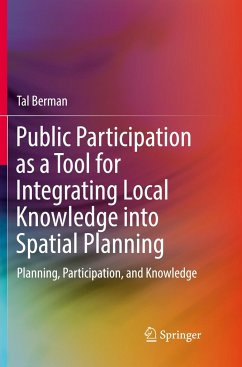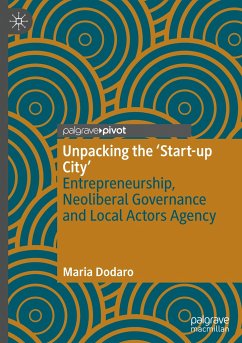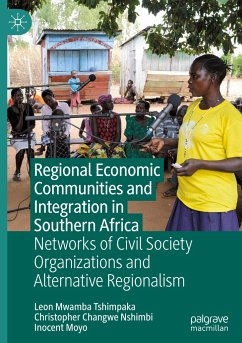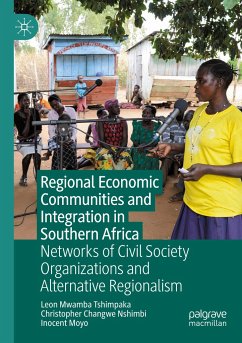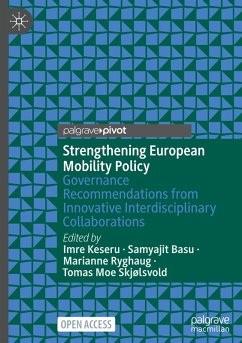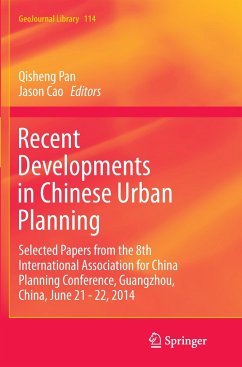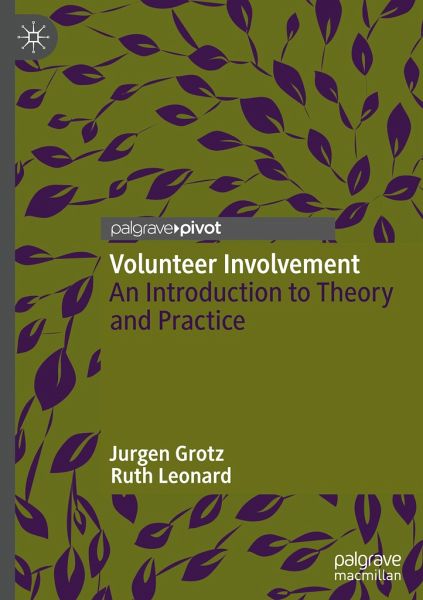
Volunteer Involvement
An Introduction to Theory and Practice

PAYBACK Punkte
19 °P sammeln!
This book provides a comprehensive overview of the latest theory and practice for volunteer involvement. It represents a milestone for knowledge of how and why volunteers become involved and will be essential reading for practitioners, policy makers and funders. Offering exercises and examples from practice, it introduces concepts for understanding volunteers' agency and for critically assessing ways in which those who seek to involve volunteers can respond to rapidly changing environments. The authors draw on a combination of theoretical perspectives and practical experiences to develop appro...
This book provides a comprehensive overview of the latest theory and practice for volunteer involvement. It represents a milestone for knowledge of how and why volunteers become involved and will be essential reading for practitioners, policy makers and funders. Offering exercises and examples from practice, it introduces concepts for understanding volunteers' agency and for critically assessing ways in which those who seek to involve volunteers can respond to rapidly changing environments. The authors draw on a combination of theoretical perspectives and practical experiences to develop approaches based on individuals and community strengths and assets, underlining the need for conviviality, respect and enjoyment in volunteer involvement.





